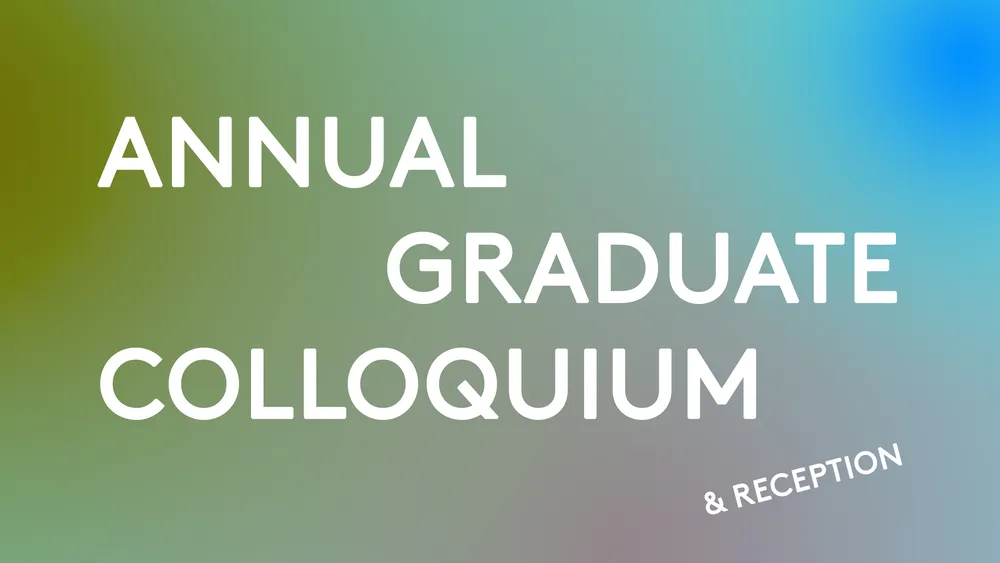Annual CDH Graduate Colloquium, 2025
–
Speakers
- Kate Clairmont
- Chelsea Clark
- Rachel Richman

Three PhD students pursuing the Graduate Certificate in Digital Humanities will present on their research in this annual capstone event. Presentations will detail the use of quantitative, data-intensive, computational, and media theoretical methods in humanistic research.
Rachel Richman
Near Eastern Studies
“Keeping the Labor of Her Hands”: Histories of Women’s Labor and Property in the Cairo Geniza, 10th-13th centuries
How can we take the messy documents of everyday life and use them to write women back into economic history? This is the challenge Rachel Richman faced as she poured through the marriage contracts, wills, and court cases of medieval Cairo. Compiling datasets in the tens to the hundreds of documents, Rachel will share how she used digital methods to understand women's labor and property in the 10th-13th centuries.
Respondent: Sharifa Lookman (Art & Archaeology)
Chelsea Clark
Comparative Literature
“Distorting Effects”: The System of Soviet Metrics and its Adaptation for English Verse
When, in the 1970s and 1980s, Soviet scholars tried to build on a tradition of using statistical methods in the study of Russian verse in their investigations of English verse, they were met with both success and failure. Their efforts raise the literary historical question of what it meant for them to integrate statistics into a comparative study of verse. In this presentation, I utilize the techniques of historical poetics to outline a little-known, international history of the digital humanities. This history shows poetry—not the novel, as has been the case in the 21st century—dominating efforts to study literature at scale.
Respondent: April Gilbert (Comparative Literature)
Kate Clairmont
English
“Magical Elsewheres”: Mapping the 19th Century Fairy Tale
What are the salient features of setting in the literary fairy tale? In my research, I initially sought to understand this question through tracking abstract categories of place and setting in two different textual datasets I created consisting of 19th century fairy tales. Utilizing BookNLP, a natural language processing model optimized for literary texts, I instead discovered that British fairy tales of this period contain a surprising number of real, mappable geographic locations. I will share the results from these two datasets, including a data visualization created with GIS mapping.
Respondent: Yassine Ait Ali (French & Italian)